Solar Energy Part I: About Photovoltaic Systems
Posted 8/3/2015, Updated 5/19/2021
Solar Energy
As the harmful environmental impacts of climate change become more apparent, people are starting to turn to alternative, renewable energy sources. In this series of posts, we explore one possible solution: solar energy.
Solar energy is great for homeowners for multiple reasons. It allows them to contribute to conservation efforts, make their homes more efficient, and potentially pay lower electric bills. But installing solar panels can create some hurdles for you when you want to sell your home, so think carefully about when you install solar and how you fund it. We will cover more on your purchasing and leasing options in our next blog, Solar Energy Part II.
For the home, solar energy is made through photovoltaic (PV) devices. Individual PV cells are grouped together and placed so the sunlight hits them in a way that allows them to convert the solar energy into electricity. The size of PV cells can vary, from a watch battery to a system that powers large power plants. A major advantage to solar energy is that it does not produce air pollutants, carbon dioxide, or greenhouse gases, all of which are big contributors to climate change and environmental damage.
Before purchasing or installing a solar energy system in your home, it is important to consider some questions:
Does your roof have clear and unobstructed access to sunlight most or all of the day throughout the entire year?
Is your home’s roof or area where the panels would be placed large enough to accommodate all the necessary equipment? Calculate the necessary size of a system for your home here.
Does your town or city take any issue with solar equipment being installed?
Is it worth the investment for you and your family?
If you feel solar is right for you and your family after answering these questions, contact a solar energy professional that can assist you in determining what system will best fit your needs.
Evaluating Your Home: Should You Go Solar?
Before jumping into a project to install a PV system, take a moment to investigate the energy usage and efficiency of your home. This will help you to estimate your solar electricity needs.
Look over your electricity bills to understand the annual and monthly energy needs of your household.
Note any potential changes you may consider making to your home in the coming years and months that could increase your energy usage. An example would be purchasing an electric car.
Before jumping right into solar, you should explore other options to reduce your energy usage and increase efficiency. To do so, you should have a professional conduct a home audit.’
If you determine, from your brief investigation, that solar may be right for your household, consider these other factors.
The amount of electricity generated from your PV system depends on how much sunlight hits it, as well as the size of it. PV systems in the southwest parts of the US perform the best, however, PV systems still perform well in other parts of the country. It’s important to determine how well a system would work at your specific home address. Before bringing in a contractor, consider these factors.
Are there nearby trees that are still growing significantly? They may shade parts of your roof now or in the future, reducing the amount of sunlight that reaches your solar panels.
How old is your roof? If your roof is on the older side, it’s a good idea to replace it now, before having your PV system installed.
Do you have an HOA? There may be fees, restrictions, or approvals required in order to install a PV system.
Check out this tool from Sun Number to get a brief glimpse into your home’s solar energy potential.
Before making any big decisions, bring in a contractor to assess your home’s solar potential. They’ll be able to give you the most accurate assessment. The contractor will also determine any project parameters of needs, and instruct any changes that must be made to your home prior to installation. This process can take 1-4 weeks.
If, for some reason, your home is not well suited for solar, consider other options to improve your energy efficiency, such as energy efficient appliances and light bulbs.
Solar Permits, Permissions & Regulations
Having your new PV system installed will require building and electrical permits. These permits are required for all building and electrical projects. Your contractor will draw up a plan for your project, and submit the design to your local government body to obtain the necessary permits for installation. This process takes about 2-8 weeks.
Inspections will also be required prior to installation to ensure that your project meets codes, both at the local and the state level, in order to get permission for installation.
Another MA-specific regulation is that your solar panels must be installed by an MA-licensed electrician.
If you have a condo and homeowners' association, there may be specific rules governing the installation of solar, so check with your association before you start the process.
Making sure you have all of the proper permits and licenses is sometimes a tedious process, but is one that is absolutely vital to your project. Installing a PV system is a big (but exciting!) deal, and must be done the proper way.
Check out our next blog to learn more about how you can finance and save money when installing a solar energy system in your home!
Dwell360 is a residential real estate firm based in Newton, Massachusetts, servicing the cities and suburbs of Greater Boston. We are focused on our customers and seek to provide information about energy efficiency and how homeowners can contribute to Earth conservation efforts. Search for homes in Massachusetts and then give us a call.
Sources
Massachusetts Clean Energy Center. Massachusetts Residential Guide to Solar Power. Retrieved from https://www.shirley-ma.gov/sites/g/files/vyhlif5001/f/uploads/guidebook.pdf
Robertson, Bob. Solar Panel Installation Process: What to Expect and How to Prepare. Retrieved from https://solarpower.guide/solar-panel-installation
U.S. Department of Energy. Planning a Home Solar Electric System. Retrieved from https://www.energy.gov/energysaver/planning-home-solar-electric-system



